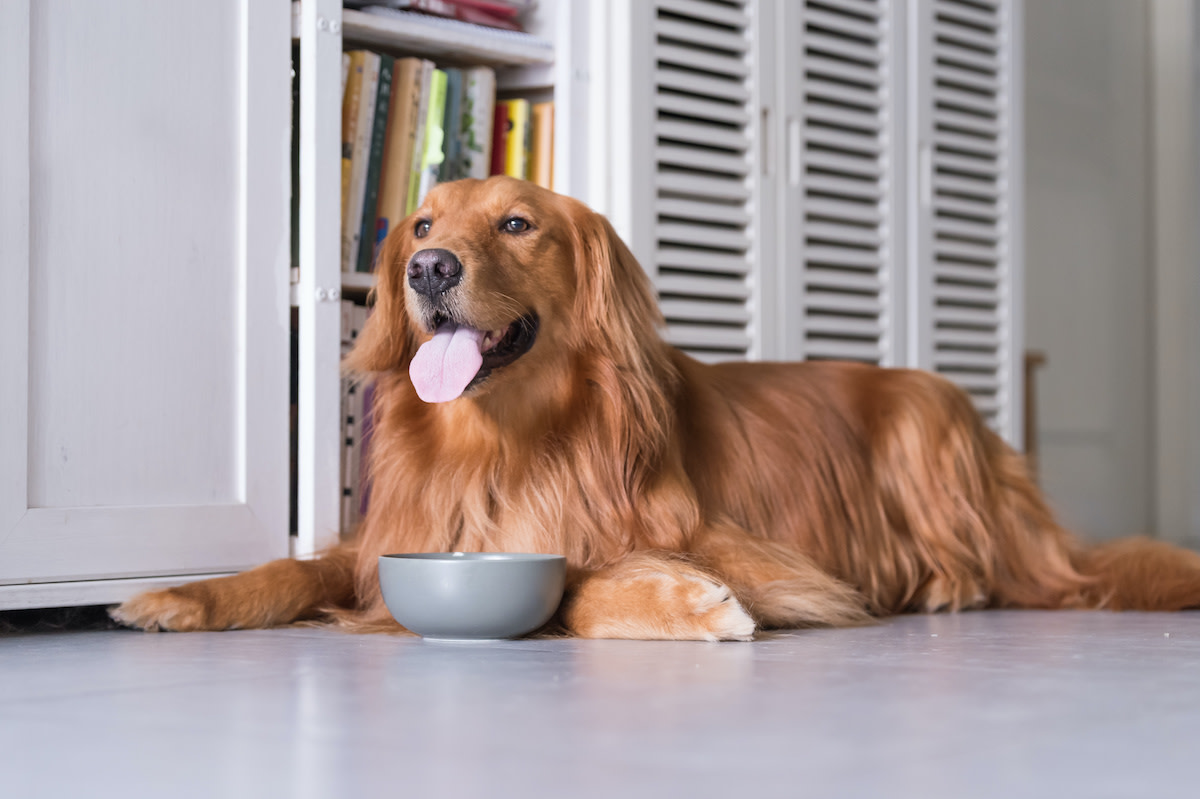Can Dogs Eat Beets? Nutritional Benefits of Beets for Dogs
Written by MasterClass
Last updated: May 18, 2022 • 2 min read
Beets can make for a healthy addition to your dog’s diet when served as a special treat. Learn about the health benefits of beets for dogs and some ways to feed small quantities of beets to your furry friend.
Learn From the Best
Can Dogs Eat Beets?
Beets are safe for dogs to eat and offer numerous nutritional benefits. They can function as a healthy dog treat for a pet with a taste for human food. Dog owners can safely serve small pieces of beets to their pets, either mixed in with dog food or given separately.
- Cooked beets: Cooked beets—either roasted or steamed in water—are best since they are easy to chew. When possible, choose organic beets free from pesticides.
- Raw beets: Fresh, raw beets work too, but they must be chopped into very small pieces, lest they become a choking hazard. (If your dog shows a preference for fresh beets, blend beet pulp into an easy-to-swallow beet puree.) You can also consider offering your pooch beet greens, which contain a healthy chunk of this root vegetable’s nutritional benefits.
- Canned beets: Canned beets tend to come soaked in sodium and preservatives, which are bad for your dog’s stomach. The seasonings in pickled canned beets can also cause issues. Avoid serving all canned veggies, including canned beets, to your dog.
Nutritional Value of Beets for Dogs
Red beets, including beet greens and beetroot, offer nutritional benefits to humans and dogs alike. This makes a small amount of beets a suitable part of a dog’s balanced diet. Notable nutrients in beets include vitamin C (a natural antioxidant), folate (vitamin B9), iron (note that many senior dogs suffer from iron deficiency), potassium, magnesium, manganese, calcium, and dietary fiber.
Health Concerns of Feeding Your Dog Beets
Beets are healthy for dogs in small quantities. However, they do contain sugar, a simple carbohydrate that’s hard for canines to digest. Though rare, the following issues are worth considering when adding beets to your dog’s diet:
- High sugar content: When eaten in large quantities, red beets provide too much sugar for a dog. As part of a diet high in sugar, beets can contribute to obesity or even pancreatitis. Sugar is more concentrated in beet juice, which you should never feed your dog.
- Oxalate: Beets naturally contain oxalate, which, in large quantities, causes kidney stones and bladder stones in dogs.
- An inadequate substitute for real dog food: Dogs get calories most efficiently from meat. Always serve your dog proper dog food (both wet food and kibble), which is specially formulated to provide the nutrition your dog needs for a long, healthy life. Think of beets as a special dog treat but never as a substitute for a normal canine diet.
Before Sharing With Your Pooch
Certain human foods can cause adverse reactions in canines, so always consult your veterinarian to determine whether it is safe to add these foods to your pet’s diet. This article is for educational and informational purposes and is not a substitute for medical or dietary advice
Want to Learn More About Training the Goodest Boy or Girl?
Your dream of having a dog who understands words like “sit,” “stay,” “down,” and—crucially— “no” is just a MasterClass Annual Membership away. The only things you’ll need to train up a well-behaved pup are your laptop, a big bag of treats, and our exclusive instructional videos from superstar animal trainer Brandon McMillan.
